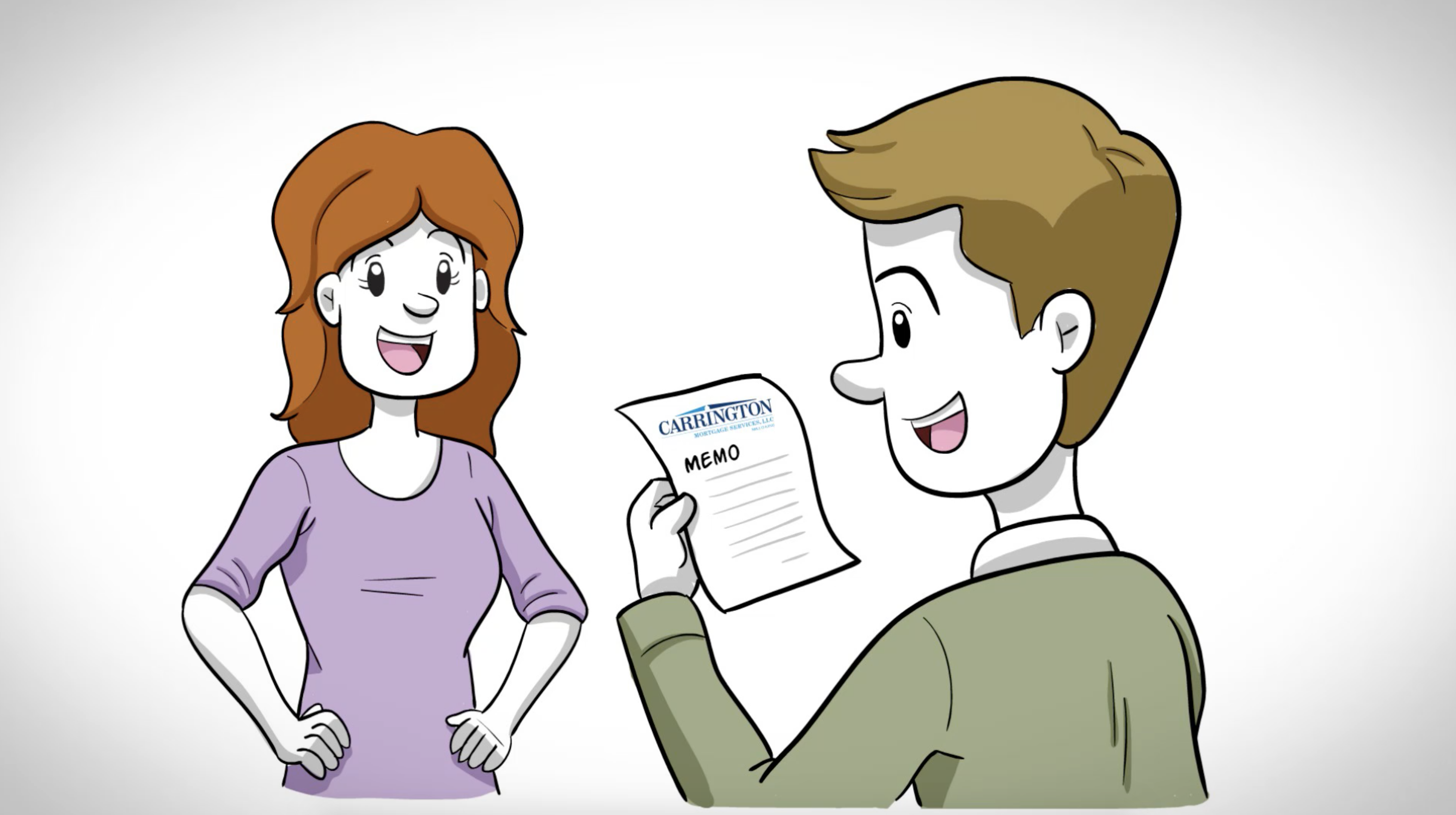What Your Mortgage Lender Needs to Know

So many people want to know so many things about you during the home buying process – and it may seem at times like it’s never going to end. And like they couldn’t possibly need to know so many things. And hey, isn’t that last question intrusive!? It can be hard to understand what your mortgage lender needs to know.
Don’t worry – if you’ve been doing your research prior to choosing your real estate team, then you know that the group you’re working with are professionals who are dedicated to helping you find and finance the right space for you. One of the more intensive question and answer sessions may come with your lender, who will be asking you many things about your financial standing, credit history, and more.Here are some of the things your mortgage lender needs to know:
- Supporting documentation of household income. This can range from bank statements to tax documents, pay stubs and W-2’s from you and your spouse, and possibly a profit and loss statement if you’re self-employed. Make sure you talk with your lender to determine exactly what they need, and how far back the records should go.
- Details on your assets. Whether it be about your investment portfolio, other properties you own, or any other cash you might have gathering interest in an account somewhere, this will help your lender understand your financial situation – and how much you have on hand in case of a financial emergency.
- A list of your debts. Your lender will need to see Credit card balances, loans of any kinds, and any other revolving credit accounts that you repay monthly – these are the things that your lender will want to know about while determining your debt-to-income ratio. . Check with them to see if they need balance statements in addition to your credit report and score.
- A recent copy of your credit report. You need your credit report and score to review your payment history and debt obligations, determine if the information is correct or if you need to improve your credit health prior to applying for a loan. Your lender needs it to determine whether you will be a responsible borrower, by paying your bills on time (low or high risk), and determine the rate, condition and loan product you’ll be eligible for. Don’t forget – while your score doesn’t need to be perfect, the healthier your score, the better chance you have of getting approved for a mortgage, and getting one with a good interest rate.
- Your down payment plans. While there are options for buyers who want to buy a home with little to no down payment, having a healthy down payment is a pleasing signal to lenders – not just because it presents you as a more serious buyer, but also because it can affect the kind of mortgage you can apply for and get.
- Your property plans. Are you buying your home to rent it out to tenants and use it as an investment, or are you looking to live there full time? Determining this not only helps your lender choose the loan that’s best for you, but there are different requirements, regulations, rates and terms for investment properties.
- Any legal issues you may be facing. If you’re in any kind of lawsuit or going through any legal proceedings, particularly one that may affect your finances, you’ll need to address this with your lender. It might be problematic for you as you work on purchasing your property. Being in the process of getting a divorce and facing the possibility of having to pay alimony could also affect your buying plans. Make sure you’re up front with your lender about it all.
Remember, your lender is only trying to help you qualify for and land the best mortgage available for you. Any information that you can provide them to do exactly that only works in your favor. So go ahead – don’t be shy! Share your finances with them, and trust that they’re working to your advantage.


